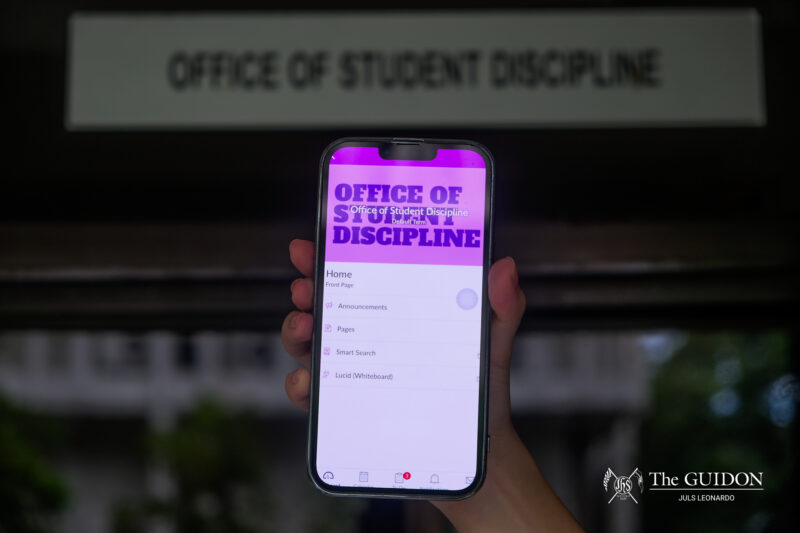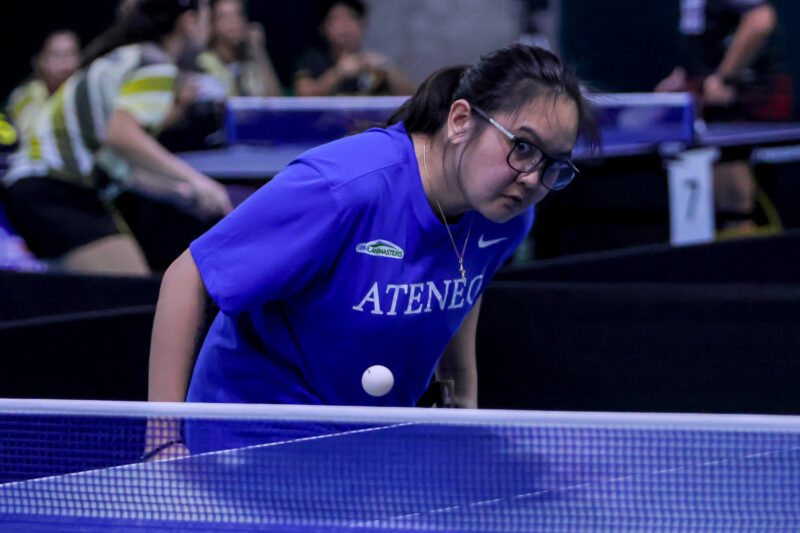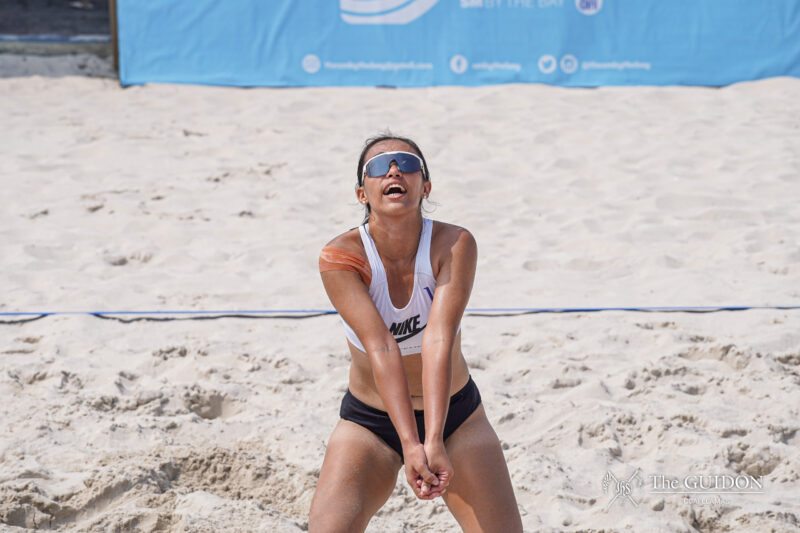IN ORDER to further inform the student body about the country’s progress in achieving the Millennium Development Goals (MDGs), a forum, entitled “Let’s move to a better Philippines,” was held on February 5 at the MVP Roof Deck.
The MDGs are eight objectives which all countries and some of the leading development institutions in the world aim to accomplish by 2015.
The MDGs include the following: Eradicating extreme poverty and hunger, achieving universal primary education, promoting gender equality and women empowerment, reducing child mortality, improving maternal health, combating human immunodeficiency virus infection/acquired immunodeficiency syndrome (HIV/AIDS), malaria and other diseases, ensuring environmental sustainability, and developing a global partnership for development.
The forum speakers were as follows: University of the Philippines-Diliman Professor Emerita Solita Collas-Monsod, Juan Antonio De Jesus Ricarte, PhD from the Universal Healthcare Study Group and Ateneo Institute of Sustainability Director Ma. Assunta Cuyegkeng, PhD.
The event was organized by the Council of Organizations of the Ateneo’s Analysis and Discourse Cluster and the Health and Environment Cluster, in cooperation with the School of Social Sciences, and in partnership with the Ateneo Association of Communication Majors and the Ateneo Collegiate Society of Advertising.
Philippine’s poor performance
According to Monsod, the Millennium Declaration (MD) has not done very much to improve the development trajectories or the pace of progress in the Philippines with regard to the MDGs.
The MD contains the statement of values, principles and objectives for the international agenda for the 21st century, which was adopted at the conclusion of the United Nations (UN) Millennium Summit on September 8, 2000.
She said that despite the apparent improvements in the Philippine’s progress in achieving the MDGs, some of the goal indicators were already done before the MD was signed.
For instance, the target for the ratio of enrolled girls to boys in the elementary level, with a baseline data of 1.0, has already been achieved in 1996. The same figure is the target for 2015.
Based from the 2008 Economic and Social Commission of Asia Pacific-Asian Development Bank-United Nations Development Programme (Escap-ADB-UNDP) report, Monsod said the country is doing poorly in achieving the MDGs because of “policy gaps, growth gaps, strategy gaps, resource gaps and implementations gaps.”
She added that the Philippines’ poor performance is due to “governance failures, poverty traps, persistent pockets of poverty and areas of specific policy neglect.”
According to Monsod, one of the problems with the MDGs is that that too many targets and success indicators were set that it became hard to decide which goal to prioritize.
With 2015 only a year away, Monsod that the UN should not implement additional targets until the original objectives for the MGGs have been met by every country.
“The MDGs did not fail us. We failed the MDGs,” she said.
Advocating for universal healthcare
Meanwhile, Ricarte highlighted in his speech how the Philippines is currently struggling in achieving the goals of the health-based MDGs. According to him, this is because there is health inequity prevalence in the Philippines.
“As long as there is a gap between the health status of the rich minority and the poor majority, we still have lots of room for improvement regarding the health system,” he said.
Ricarte then showed a visual map of the richest and poorest provinces in the country, and the quality of healthcare being received by residents in the areas.
According to him, healthcare quality in the rich provinces in the country could be likened to the quality of healthcare in first world countries, while healthcare quality in the poor provinces in the Philippines could be compared to the health services received by residents in the Sub-Saharan African countries.
In order to solve the health inequity problem in the Philippines, Ricarte advocated for universal healthcare.
He quoted the Lancet Commissions that said one way of solving health inequity is “assur[ing] universal coverage of high-quality comprehensive services that are essential to advancing opportunities for health equity within and between countries.”
Ricarte furthe said that universal healthcare is the “provision to every Filipino of the highest possible quality of healthcare that is accessible, efficient, equitably distributed, adequately funded, fairly financed and appropriately used by an informed and empowered public.”
Achieving environmental sustainability
In her speech, Cuyegkeng gave examples of the different efforts being done by the government and the private sector in the Philippines in order to ensure environmental sustainability.
Among these include the creation of the Climate Change Commission (CCC) in 2009.
The CCC had a policy-making body tasked to coordinate, monitor and evaluate programs and plans on climate change. The CCC also formulated the National Framework Strategy on Climate Change and the National Climate Change Actions Plan (NCCAP).
Meanwhile, two of the efforts from the private sector include the Socially-Responsible Investment (SRI) and the Comprehensive Community Support and Engagement.
The SRI includes investments being channelled according to the environmental, social and governance (ESG) criteria as well as the traditional financial criteria.
Meanwhile, the Comprehensive Community Support and Engagement business model is where companies voluntarily initiate proactive and comprehensive community support and engagement programs for the local host communities in the area.
“The [MDGs] have to be the responsibility of everyone, not just institutions. Thus, people have to know, understand and respond,” said Cuyegkeng.
She added that the “MDG 7 (the goal of ensuring environmental sustainability) involves changes in mindset, culture and lifestyle for organizations and individuals.”






